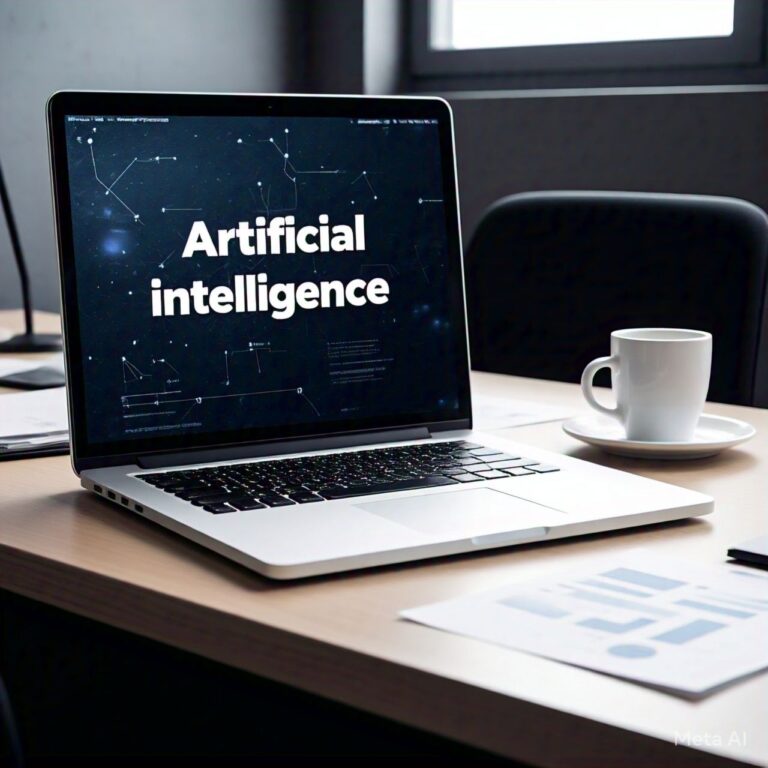
Traditional diets and generic meal plans often fail to meet individual health needs. However, with the rise of AI, personalized nutrition is revolutionizing the way we approach diet and wellness.
AI-driven nutrition and genetic research are paving the way for a more personalized approach.
By analyzing an individual’s genetic makeup, metabolism, and lifestyle, personalized nutrition provides tailor-made dietary recommendations.
This innovation is set to transform how we eat, prevent diseases, and optimize overall well-being.
What is Personalized Nutrition?
Personalized nutrition is a customized approach to diet planning. It tailors diet plans to an individual’s genetics, lifestyle, and health goals.
Unlike generic diet trends, this method helps create sustainable and effective meal plans based on biological and lifestyle factors.
What Shapes Your Ideal Diet?
- Genetic makeup: Determines how your body processes different foods.
- Metabolism & gut health: Helps with digestion and nutrient absorption.
- Health conditions: Takes into account chronic diseases like diabetes or heart disease.
- Lifestyle & activity levels: Adjusts diet plans based on daily habits.
By considering these factors, personalized nutrition helps people achieve better health in a way that fits their unique needs.

Key Benefits of Personalized Nutrition
1. Improved Digestion and Gut Health
A one-size-fits-all diet may not work for everyone. Personalized nutrition identifies foods that suit your digestive system, reducing bloating, discomfort, and gut-related issues.
- Gut-friendly diets based on DNA can enhance nutrient absorption.
- AI-driven tools suggest probiotic and prebiotic-rich foods for better digestion.
- Helps in managing conditions like IBS and food intolerances.
2. Enhanced Weight Management
Struggling with weight loss? Your genetics might hold the answer. Personalized nutrition offers weight management plans based on your metabolism, activity level, and genetic predispositions.
- Custom meal plans focus on sustainable weight loss rather than fad diets.
- AI-driven analysis helps determine optimal macronutrient intake.
- Encourages healthy weight loss without extreme dieting.
3. Improved Nutrient Intake
- Identifies missing vitamins and minerals and suggests ways to correct them.
- Ensures a balanced intake of proteins, fats, and carbohydrates.
- Identifies food sensitivities that may cause weight fluctuations.

4. AI-Powered Personalized Nutrition Plans
With the rise of AI-powered healthcare, nutrition plans are becoming more advanced:
- AI analyzes medical history, DNA tests, and real-time data to create precise diets.
- Wearable devices and smart apps track food intake, metabolism, and fitness levels.
- AI-powered chatbots provide instant dietary advice, making expert guidance more accessible.
5. Disease Prevention and Longevity
With the rise in chronic diseases, customized nutrition plans help in preventing lifestyle-related illnesses.
- Diabetes Prevention – Identifies carb tolerance and optimal sugar intake.
- Heart Health – Suggests heart-friendly foods based on cholesterol levels.
- Cognitive Health – Recommends brain-boosting foods for cognitive longevity.

How to Get Started with a Personalized Diet?
- Consult a Nutrition Expert
- Speak with a professional who understands personalized nutrition.
- Get a genetic or metabolic test to learn more about your dietary needs.
- Use AI-Powered Nutrition Tools
- Try AI-powered meal-planning apps for science-based recommendations.
- Wear smart health devices to track your progress.
- Make Adjustments Over Time
- Monitor how your body responds to different foods.
- Change your diet based on energy levels, digestion, and performance.
The Future of Personalized Nutrition
AI and genetic research will revolutionize personalized nutrition, making it the future of health optimization.
AI-driven meal planning will become more precise and widely accessible, helping individuals make smarter dietary choices.
Healthcare providers will integrate personalized diets into treatments, improving disease prevention and management.
As a result, more people will shift from generic diets to data-driven, customized eating habits tailored to their unique needs.
Conclusion: The Next Step in Nutrition
With AI-powered healthcare advancing, personalized nutrition is set to change how we approach food. It helps people make better diet choices, leading to improved health and well-being.
Have you tried personalized nutrition? Do you think AI-driven diet plans are the future? Share your thoughts in the comments below!




